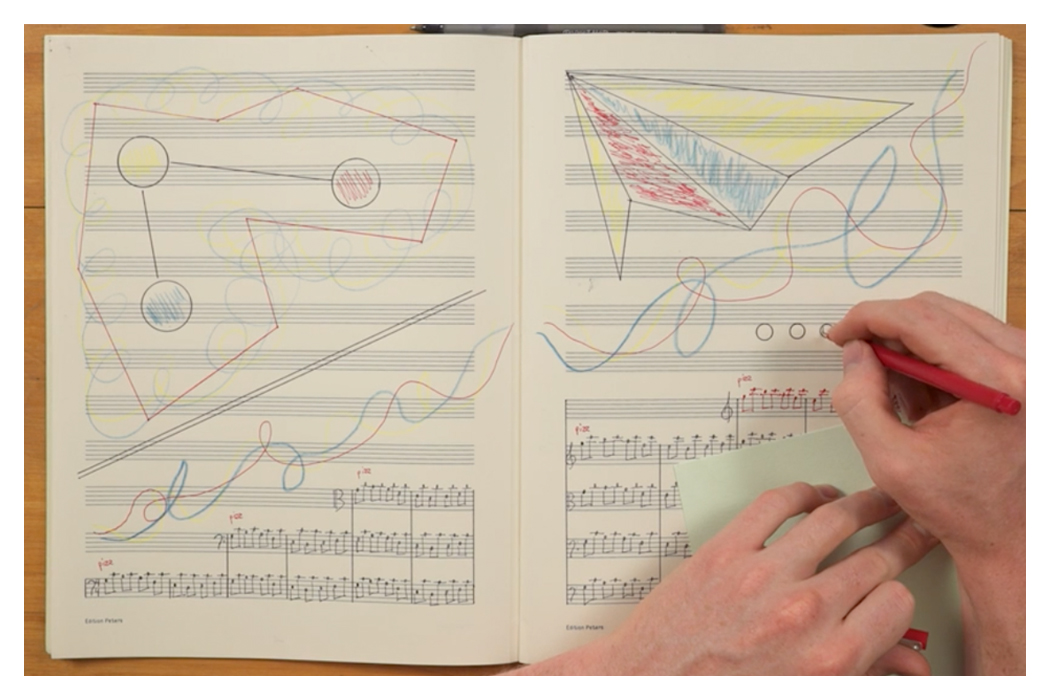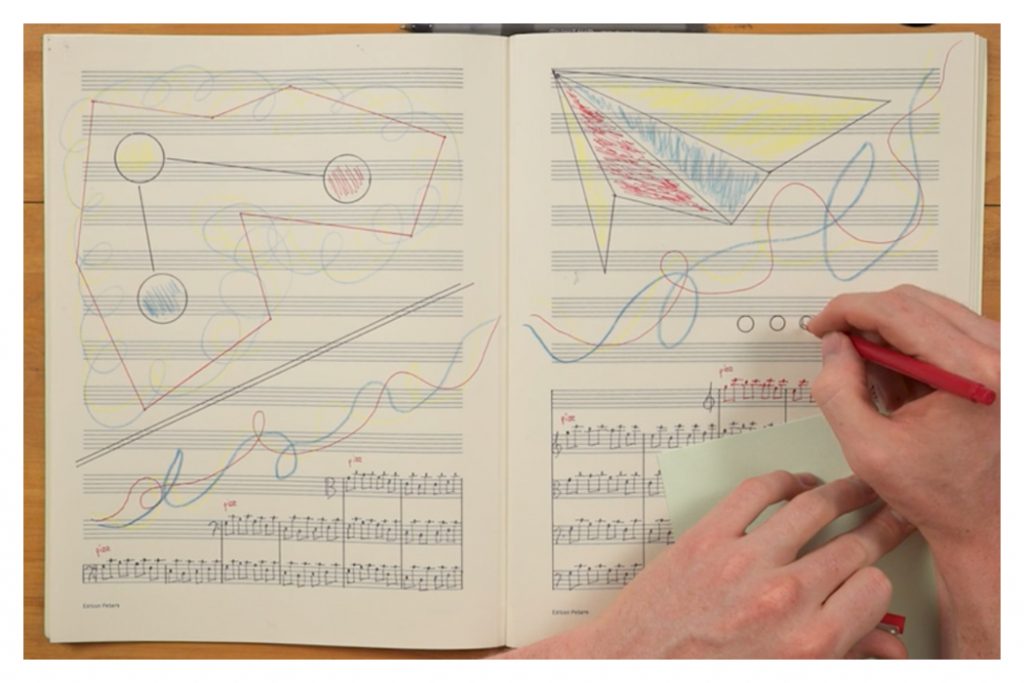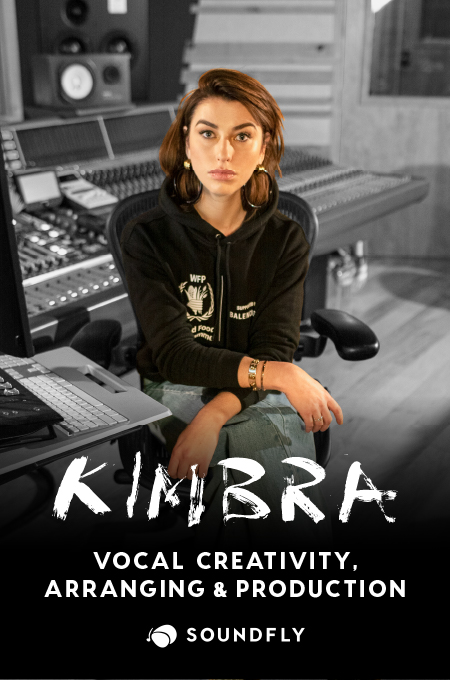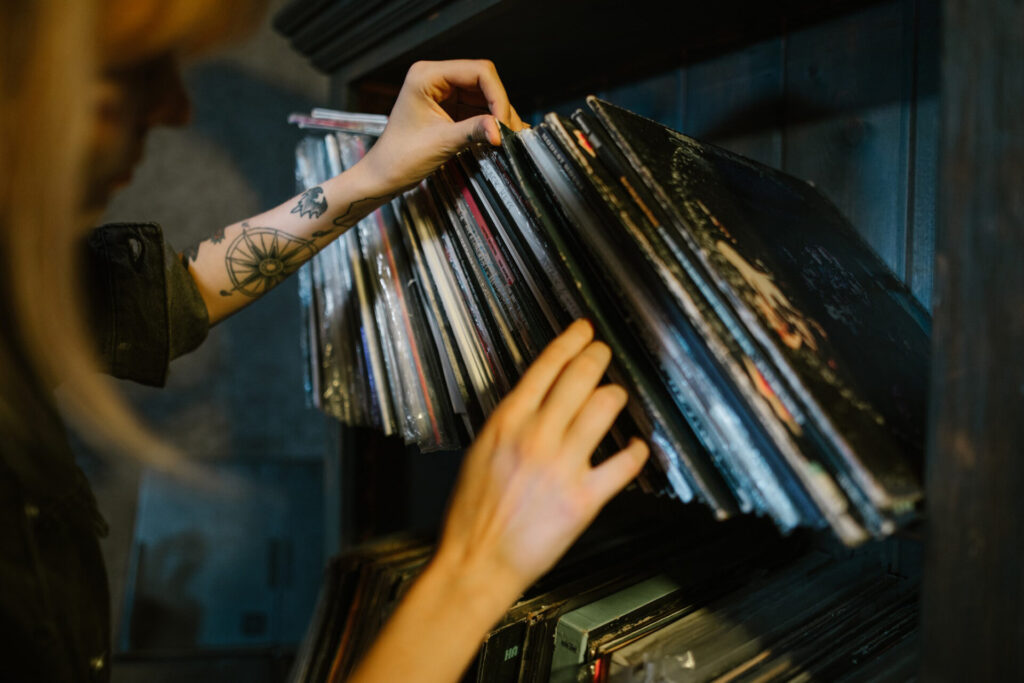
At Soundfly, we help curious musicians meet their goals with creative online courses. Whatever you want to learn, whenever you need to learn it. Subscribe now to start learning on the ’Fly.
A few years ago, author Ryan Holiday gave a talk in front of the Alabama Crimson Tide college football team.
View this post on Instagram
In the above post, he explains his idea of “Plus, Minus, Equal,” a method that can help all competitive and goal-driven individuals thrive and continually improve. It can also keep you on your toes as a musician.
If you’re intentional about using this technique, you’ll learn so much. And learning always leads to improvement.
What Is “Plus, Minus, Equal”?
This method is actually pretty simple. Holliday explained that UFC champion Frank Shamrock taught this to his fighters.
“…Every great fighter needs to have someone who’s better than them [who] they train under, someone who is equal to them in ability they challenge themselves against on a daily basis, and someone who is not as good as them who they teach what they’ve learned from the other two.”
So here’s the system:
- Plus = someone who is better
- Minus = someone who has less ability
- Equal = someone with similar ability
And the benefits of each look like this:
- Plus = someone to learn from
- Minus = someone to teach
- Equal = someone to challenge you
You learn. You challenge yourself. And then you teach what you’ve learned to someone else, which is an effective way in itself to retain what you’ve learned. Now let’s apply this concept to being a musician…
How to Use “Plus, Minus, Equal” as a Musician
To reach whatever definition of success you have, you’ll need to continually improve your skills. Being an independent musician today is all about the long game. Be good every day in order to eventually reach greatness.
“…It’s this system,” Holiday says. “…being a student in everything that you do, that is what makes you good.”
Awesome. So the benefits of this method are clear. But how and where can you find your plus, minus, and equal?
Below are some ideas. But first let me say, you can have multiple pluses, minuses, and equals depending on the ability in question. You can have a plus for mixing, a plus for songwriting, and a plus for performing. It all depends on what skill you want to get better at; and where you think your strengths and weaknesses exist.
1. Finding your plus.
There are two main ways I’ve found my personal pluses:
- Keeping in touch with those I’ve worked with, and
- Reaching out to those I respect.
For example, my plus for recording and mixing is an engineer I first worked with years ago. We stayed in touch, and since then he’s dumped loads of mixing knowledge on my head. For free. Just because he enjoys sharing what he knows.
So don’t ever burn bridges.
Or you can reach out to artists who are better than you at something. There’s a full-time songwriter-artist doing what I aspire to be doing. I’m on his mailing list, and he actually responds to emails (we’ve exchanged a few). So I could simply shoot him an email and ask for songwriting advice.
Have a learner’s mindset and you’ll find yourself gravitating toward these types of people.
2. Finding your minus.
If you’re generous with your time and knowledge, you may find minuses are attracted to you naturally. You can start by sharing what you know online, whether it’s on social media, your email list, or your blog.
For example, I run a blog that helps part-time musicians succeed and it has reached thousands of musicians. I started the blog for fun and because I enjoy helping others — yet not only has it been rewarding, but I also learn a lot by sharing what I know, every time I do.
3. Finding your equal.
Finding your equals may even be the easiest of the three. You can join Facebook groups, meet musicians at open mics, or join a local songwriting group.
Preferably, you want your equal to be in your area so you can challenge each other in person. The real-life experience has a much more immediate feedback loop, meaning you’ll learn faster and more efficiently.
Apply the “Plus, Minus, Equal” concept to your music career and, over time, you’ll notice you’re learning new things, continually improving, and helping others along the way.
Improve all aspects of your music with Soundfly.
Subscribe here to get unlimited access to Soundfly’s premium course content, an invitation to join our private Slack community forum, exclusive perks from partner brands, and massive discounts on personalized mentor sessions for guided learning. Learn what you want, whenever, with total freedom.





